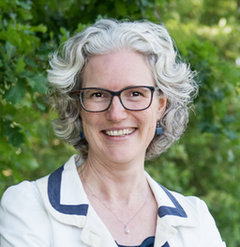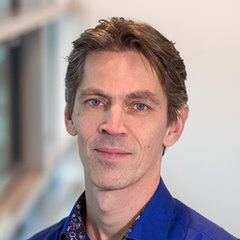Albert Einstein said - "Learn from yesterday, live for today, hope for tomorrow. The most important thing is not to stop questioning". This quote is always applicable but resonates even more with us as we approach the end of the first phase of Oncode, and also because this is the last regular edition of our digital magazine in this first phase. Our upcoming December issue will be quite different – a celebratory edition looking back at what our first five years meant. This is not to make you nostalgic, because in Einstein’s spirit we will look at what we bring along for the next step starting January.
“We signed a five-year strategic alliance with Cancer Research UK under their new innovation organisation, Cancer Research Horizons.”
And while we’re always on the look-out towards the next steps, these last months have been full in so many ways. Oncode-PACT was established into the Oncode-PACT foundation. We organised another successful Oncode CGC Annual Meeting. And we signed a five-year strategic alliance with Cancer Research UK under their new innovation organisation, Cancer Research Horizons. This is our first international partnership and the world’s largest private funder of cancer research.
Going in depth on this new partnership – don’t miss the Dialogue section where Oncode Investigator Jos Jonkers and Cancer Research UK’s Neil Jones discuss present and future for this collaboration. They explain the complementarity between Oncode and Cancer Research UK – generally, but also through the lens of our first joint project in the emerging field of DNA damage repair, that is now working towards a proof-of-concept point during 2022.
And of course, don’t miss the Portrait section in which Linde Meyaard tells all about her quest and passion for immune balance. Further on, read the Story section, diving deep into Hugo Snippert’s lab to learn more about the question that he and his team focus on, which is both technically challenging and clinically relevant: how do benign tumours transform into malignant cancers?
Enjoy reading!





